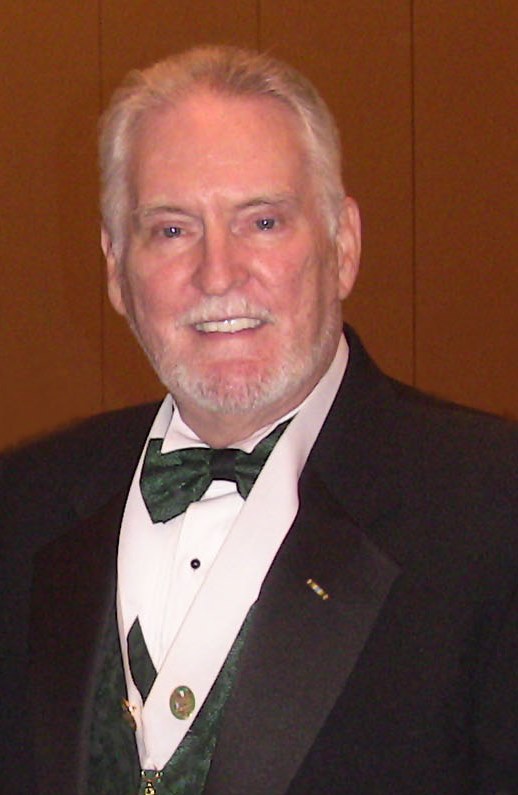I watched the two hour and thirty eight minute movie and liked it. One gains a history of France during the Revolutionary Period when Napoleon Bonaparte, played by Joaquin Phoenix, is an Artillery Captain, rising to power in the Army and beyond.
His story begins in his adulthood. He is in Paris and witnesses the beheading of Marie Antoinette. Much of the movie, as can be expected from Hollywood these days, focused on the libidos of both Napoleon and Josephine, played by the alluring Vanessa Kirby. She jumped into bed with other men while he was campaigning to conquer France’s enemies. He is conflicted with a Love-Hate relationship with her. At one point , learning of her infidelity in a French newspaper, he leaves his Army under secrecy and travels back to Paris to berate her as a whore then cannot resist her charms.
The battle scenes in Toulon, Austerlitz, Borodino and Waterloo that are created are truly spectacular. For example, we see battlefield tactics of infantrymen with ladders being placed on the walls of the castles and forts he was attacking to enable them to gain the upper hand. We witness his military genius as his victories for France gain him rapid promotion and recognition, which leads to political popularity in an era when the citizens of France search for someone to lift them from their plight of poverty and despair.
Alas, we witness his fall from grace, and that of French dominance in Europe that began when he ignored advice to spend the winter in Poland rather than campaigning in Russia in their winter. After six-months his army lost over 300,000. This defeat stopped his rampage across Europe and led to his first exile in 1814 to the Mediterranean island of Elba.
However, the following year we see him escaping to Paris and regaining support from the Army and his Emperor title, only to lose it once again when he is defeated at Waterloo by a coalition of the Duke of Wellington and Marshal Blucher. He was again exiled, this time to the island of St. Helena in the southern Atlantic Ocean. He lived out his days here, dying in 1852 at the age of 52.
This writer would have liked to learn something of his upbringing and what inspired him. Only 5’2” tall, he had been nicknamed ‘le petit corporal” by his troops . This led to later writers describing short men who aspired to success as having a “Napoleon Complex.”
That being said, this writer believes his last words reveal what truly inspired him. “La France, l’armée, tête d’armée, Joséphine” (“France, the army, head of the army, Joséphine”).























